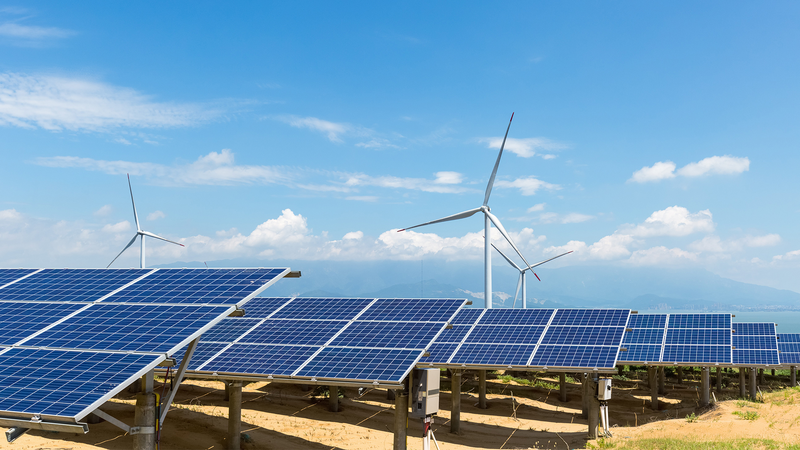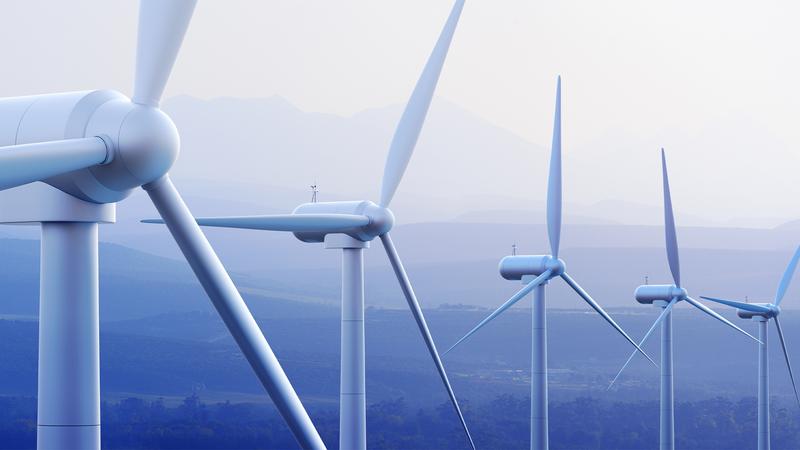UK BLOG - FOUR MINUTE READ
Reimagining systems: The transition to a carbon neutral society

Renewable energy at the core of society

Global issue, global approach?
The debate moved on to discuss whether a global climate change task force could be created and deployed as needed in countries most in need - similar to the United Nations role in wars and local conflict.
We agreed that there needs to be more drastic action coming from global meetings such as COP 26. Countries tend to set targets, but if targets are not reached, actions are simply postponed. It was discussed whether countries that pollute more, should be the first to transition to clean energy; and whether countries that pollute less but import products from the polluting countries have a responsibility to help the polluting countries to become cleaner.
We recognised that it’s complicated to do the right thing for businesses and individuals. Collectively, we sometimes don’t really understand our choices and the wider impact of our decisions. For example, it can be more expensive to switch household energy supply to a renewable option, and unless people really understand the overall impact of not switching, it will be challenging to help individuals to make informed decisions.